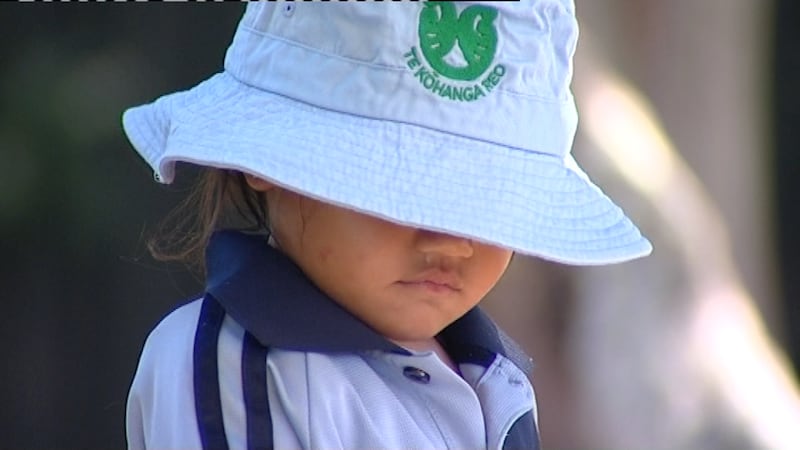Tamariki as young as two will be the beneficiaries of the new-look Ka Ora, Ka Ako Healthy School Lunches Programme expanding its eligibility.
Morning tea and lunches will be provided to low equity, not-for-profit, community-based early childhood centres, with 10,000 new mouths to be fed.
Associate Education Minister David Seymour was pleased to announce the new programme targeted toward the new demographic.
“The first 1,000 days are key to a child’s development. I am proud this government can innovate to help even more children who need it.”
At the same time, intermediate and secondary school students will receive lunches differently, through the government’s new “alternative provision model”.
The new model will see the government buy a large supply of goods, which schools can order based on demand.
Individual kura will be responsible for storing, preparing, and distributing the food.
The changes will take effect at the beginning of 2025.
This new change will leave primary school learners (years zero to six) unaffected.
The lunches will also see a new menu as Seymour revealed the food will be more of a typical school lunch packed by caregivers and parents.
“Forget quinoa, couscous, and hummus, it will be more like sandwiches and fruit.”
The Associate Education Minister said this new way will save taxpayers $107 million a year compared to the previous Labour government’s funding.
“All students currently receiving a lunch through the programme will continue to receive a lunch at school for significantly less cost to taxpayers.”
Some $478 million will be put aside in Budget 2024 for Ka Ora, Ka Ako.
An interim model will be in place for 2025 and 2026 while the government formulates a permanent model based on commercial experience, data, and evidence.
“This improved school lunches programme is an example of how this government is committed to providing New Zealanders with better public services while spending less of their money,” Seymour said in a statement.
Students receiving taxpayer-funded lunches will still be supported by programmes like Kickstart Breakfast and Fruit in Schools.

